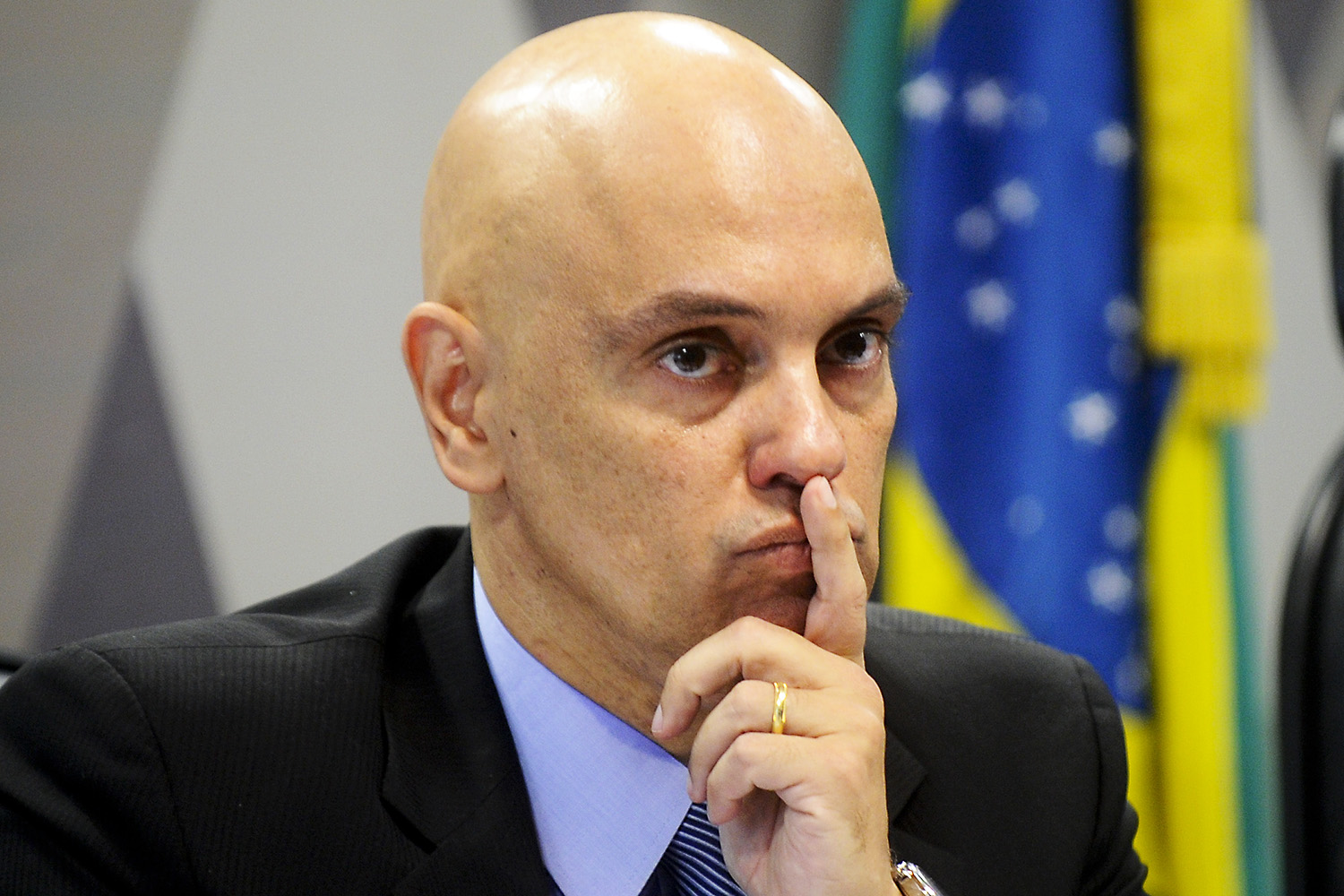The recent arrest of former Justice Minister Anderson Torres has been denounced as political or, at the very least, exaggerated by jurists.
However, for the criminal jurist Eduardo Cabette, the imputation made by the Justice of the Federal Supreme Court (STF), Alexandre de Moraes, is “unbelievable”.
Moraes imposed preventive detention on Torres, authorizing residential searches, as part of STF Inquiry n. 4879/DF. In it, the minister accuses the former minister of having encouraged the practice of “crimes against the Democratic State” and “terrorism”, in addition to criminal association, damage to property that occurred in the invasion and depredation in the Three Powers headquarters, on January 8, in Brasilia.

However, as the jurist explains, the classification of the crime of “terrorism” linked to politics does not find support in the Brazilian Constitution.
According to Cabette, in an article published in the BSM newspaper, this Monday (16), the classification of terrorism in the Federal Constitution does not include a political act, as this criminal type does not exist.
“The Brazilian Terrorism Law (Law 13.260/16) does not provide for, does not typify the conduct of ‘Political Terrorism’, but only on grounds of ‘xenophobia, discrimination or prejudice based on race, color, ethnicity and religion’. More than that, Brazilian legislation makes it clear that acts of protest carried out for political reasons or demands cannot be equated with Terrorism”, explains the jurist in the article.
The jurist explains by citing the articles that speak of terrorism in the Magna Carta, making clear the distinction and true nature of the act committed.
“Brazilian legislation makes it clear that acts of protest carried out for political reasons or claims cannot be equated with terrorism, embodied in the following terms:
Art. 2 – Terrorism consists of the practice by one or more individuals of the acts foreseen in this article, for reasons of xenophobia, discrimination or prejudice based on race, color, ethnicity and religion, when committed with the purpose of provoking social or generalized terror, exposing personal danger , patrimony, public peace or public safety.
§ 2 – The provisions of this article do not apply to the individual or collective conduct of people in political manifestations, social, union, religious, class or professional category movements, directed by social or demanding purposes, aiming to challenge, criticize, protest or support, with the aim of defending constitutional rights, guarantees and freedoms, without prejudice to the criminal classification contained in the law (emphasis added)”.
According to Cabette, the minister should have known about this criminal impossibility.
“What is unbelievable is that a Justice of the STF or even the most diligent legal professional is not able to perceive the absolute impossibility of imputing crimes of Terrorism to any acts, even serious acts, perpetrated in Brazil for reasons of a political nature”, writes Cabette.
This does not mean that, for political reasons, any act can be committed, explains the jurist, but, in these cases, common crimes are incurred, such as in cases of damage to property, aggression or even homicide.
However, the use of imputation of terrorism is impossible, according to the jurist.
This has been the reason why groups such as Antifa, MST, Gaviões da Fiel, among many others, all associated with political groups, have not been included in the legislation as terrorism in the country.
According to the jurist, if there is an intention to fill a possible gap in anti-terror legislation, in Brazil, the path should not be that of a partial decision, since legal security depends precisely on the equal application of the law.
According to Cabette, “it cannot derive from an authoritarian and usurping seizure of the legislative function of any member of the Judiciary, even if it is a Minister of the STF. Much less can it emerge from the “voices in the head” of alleged “jurists”. The path would be the amendment of the law by the National Congress, including the figure of “Political Terrorism”, he explains.
Furthermore, Cabette’s article talks about the lack of crime in the case of the draft found at Torres’ house.
With information from Brasil Sem Medo

